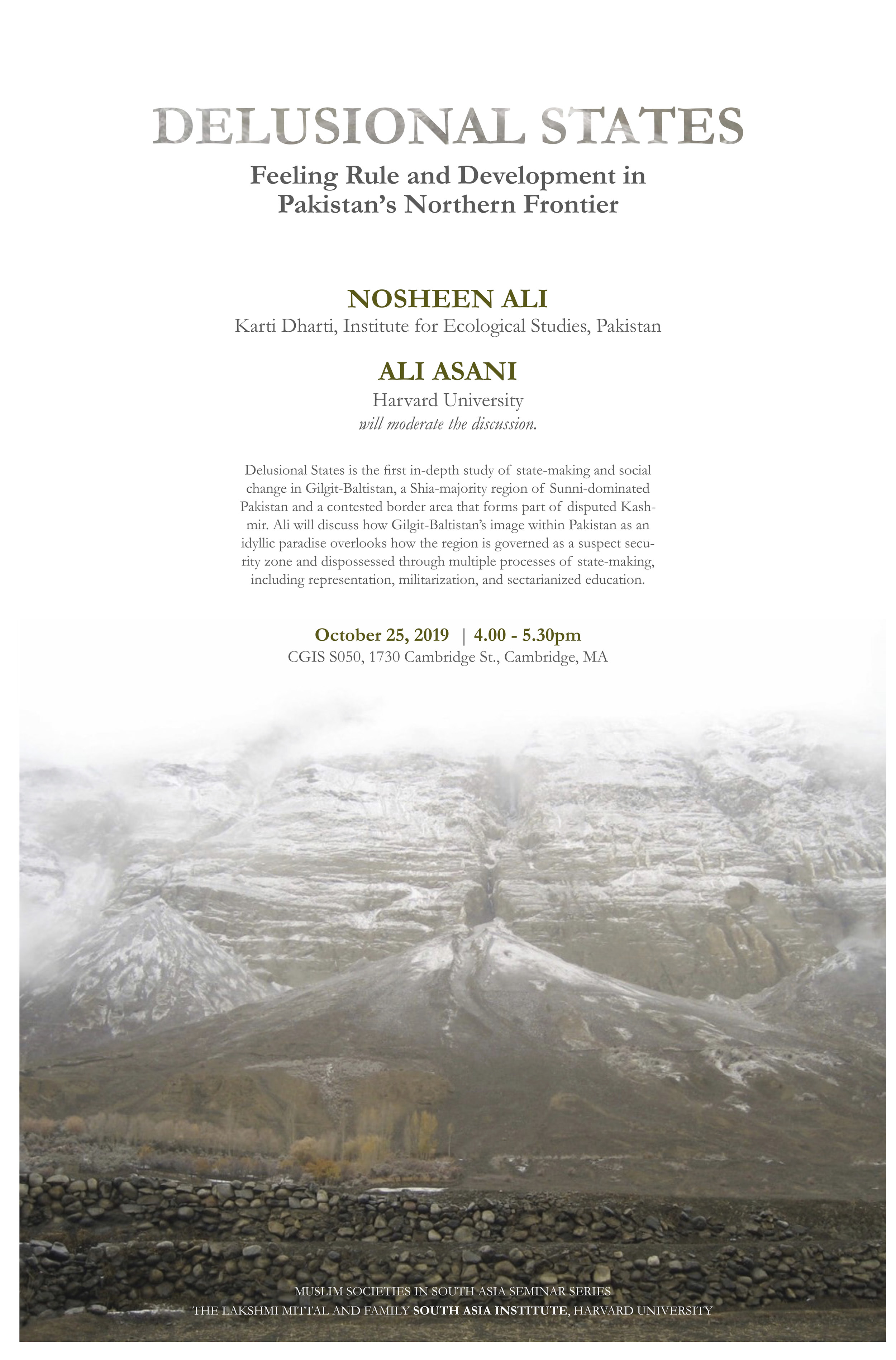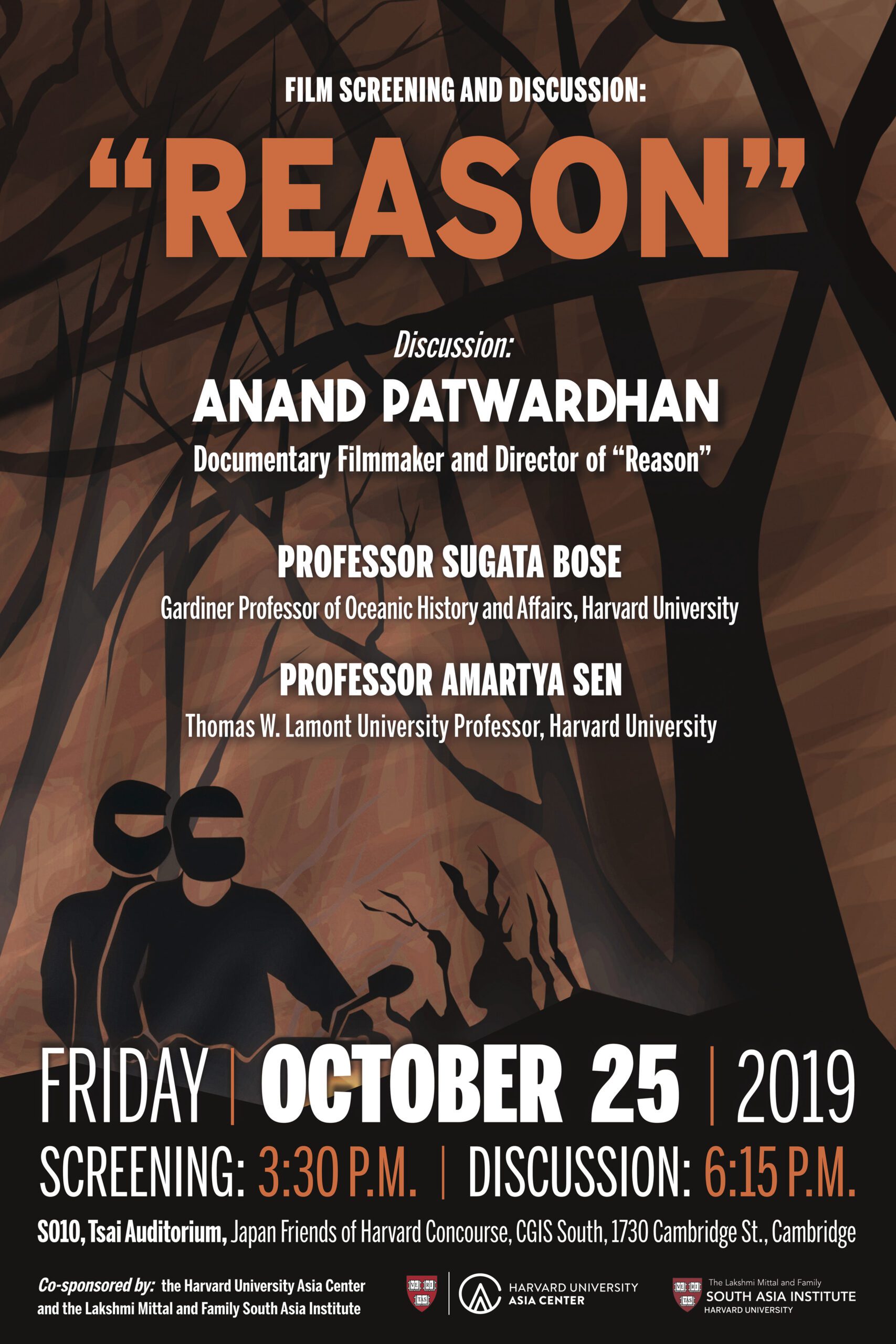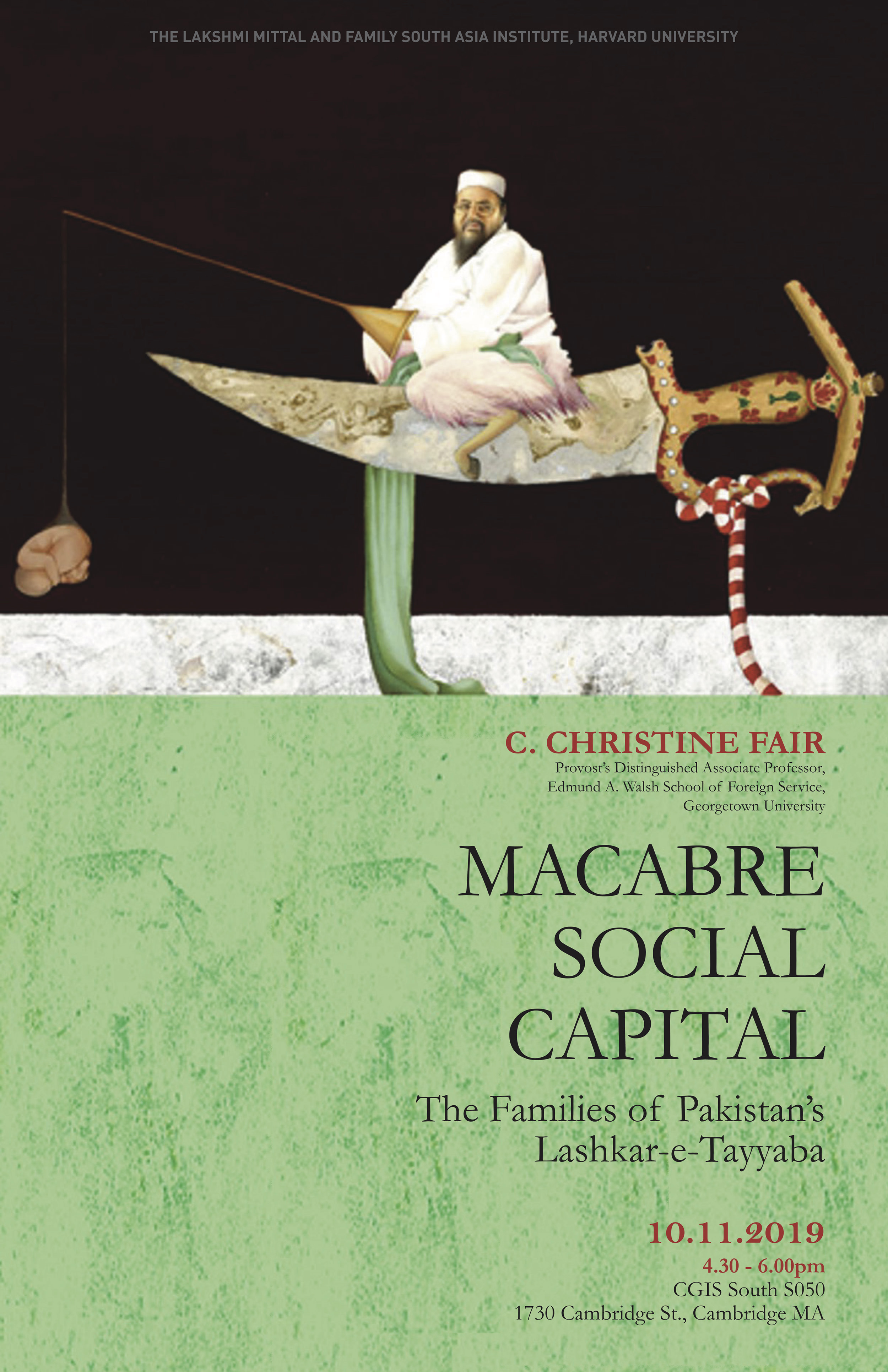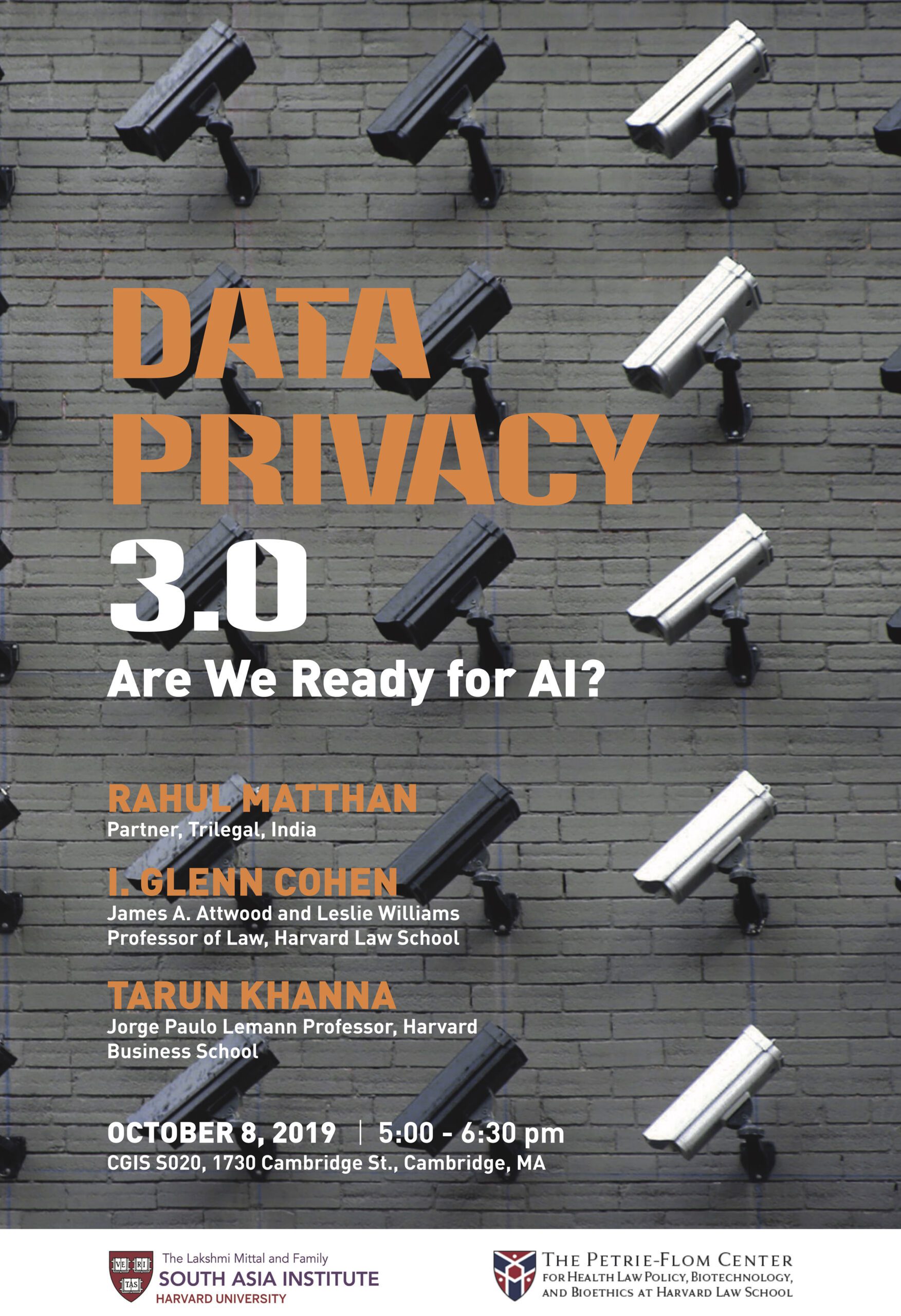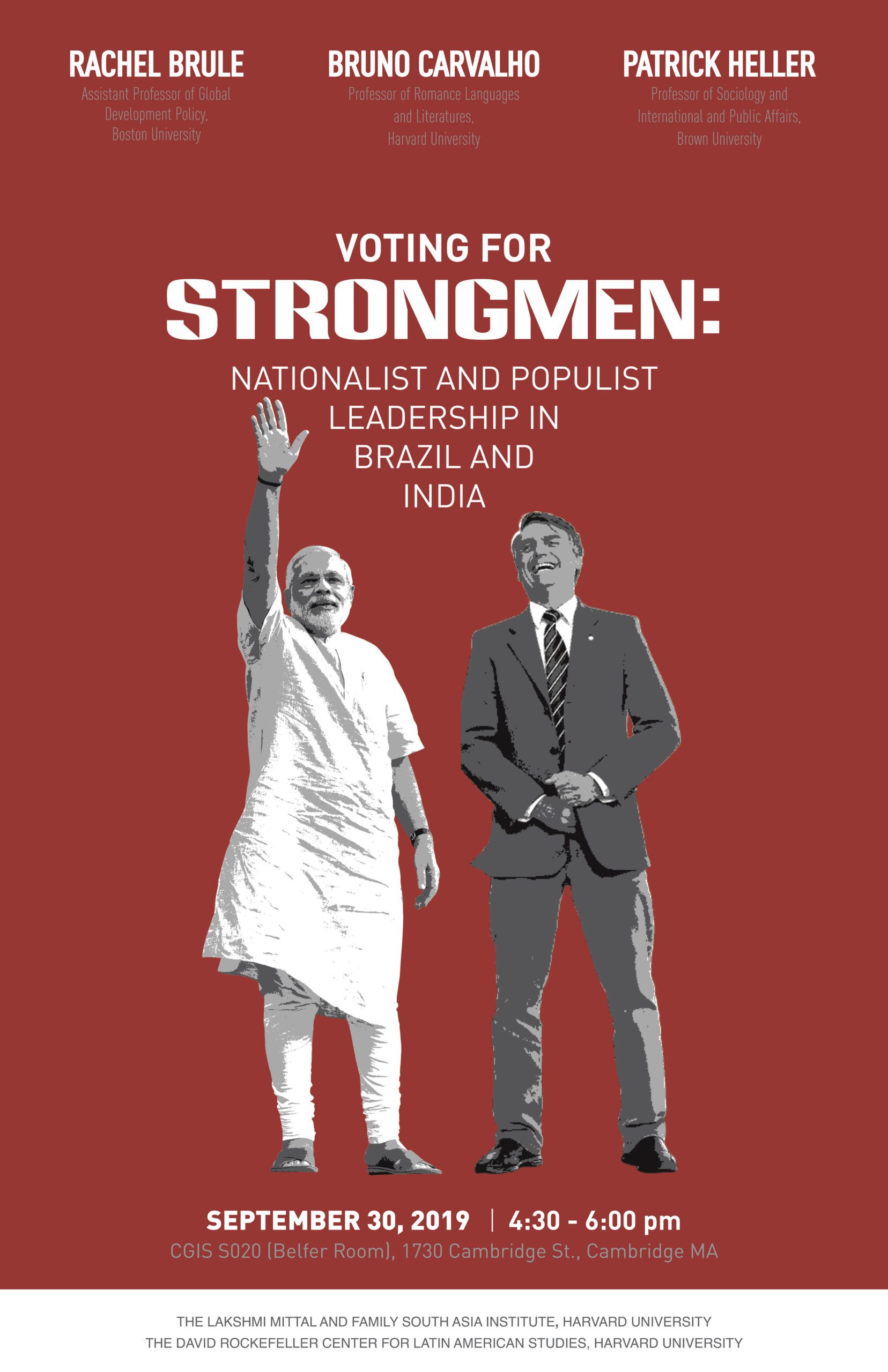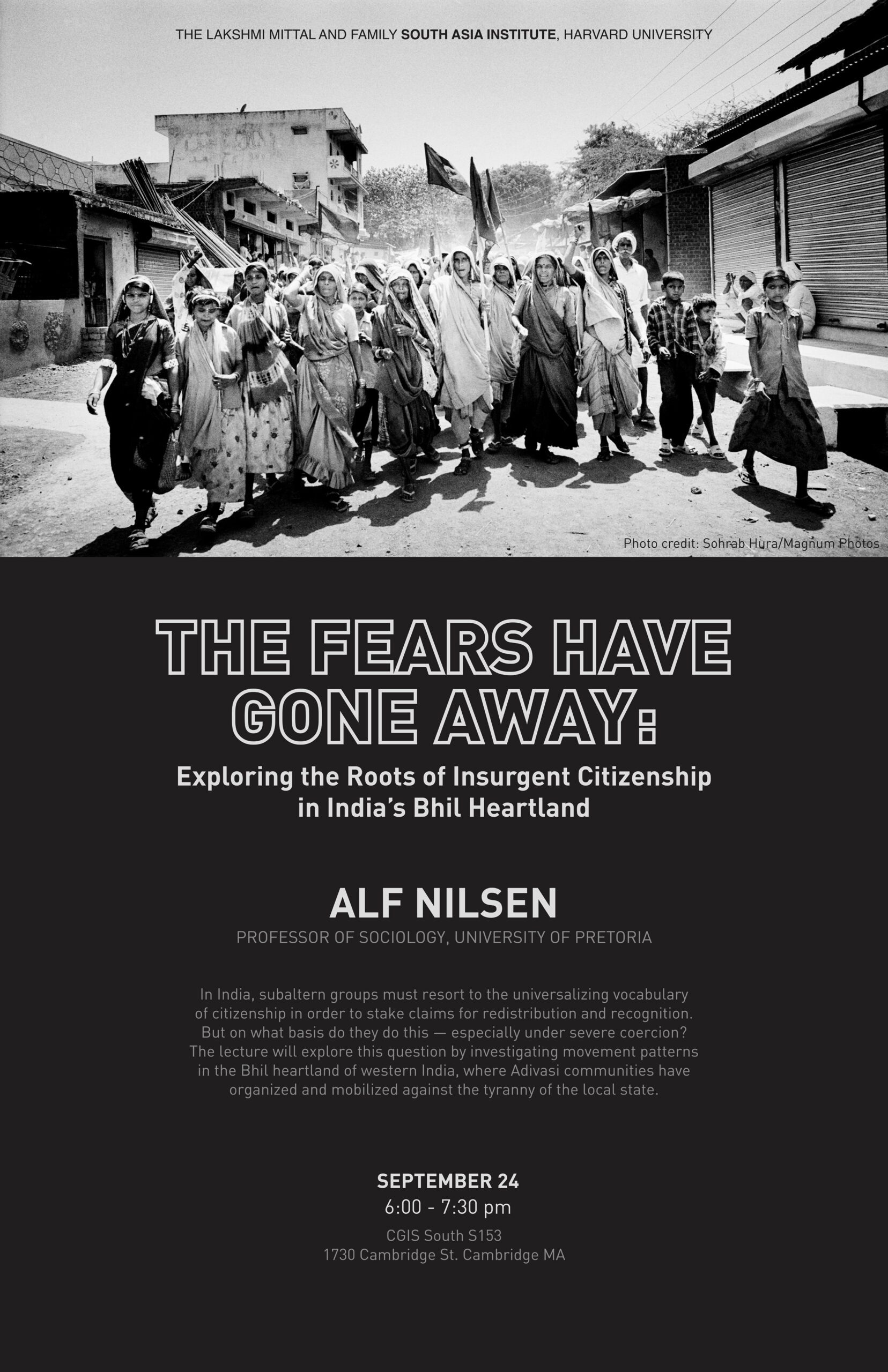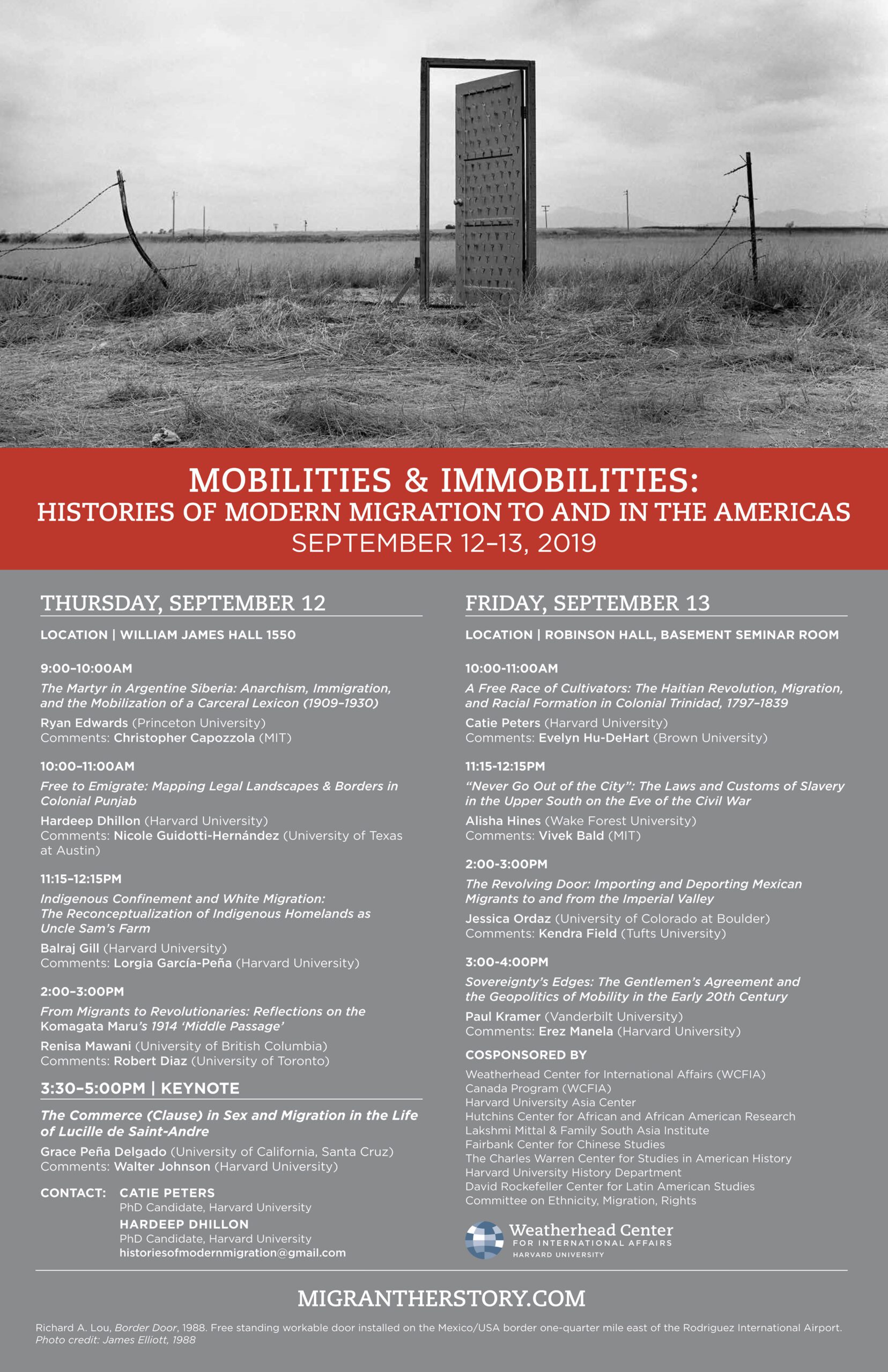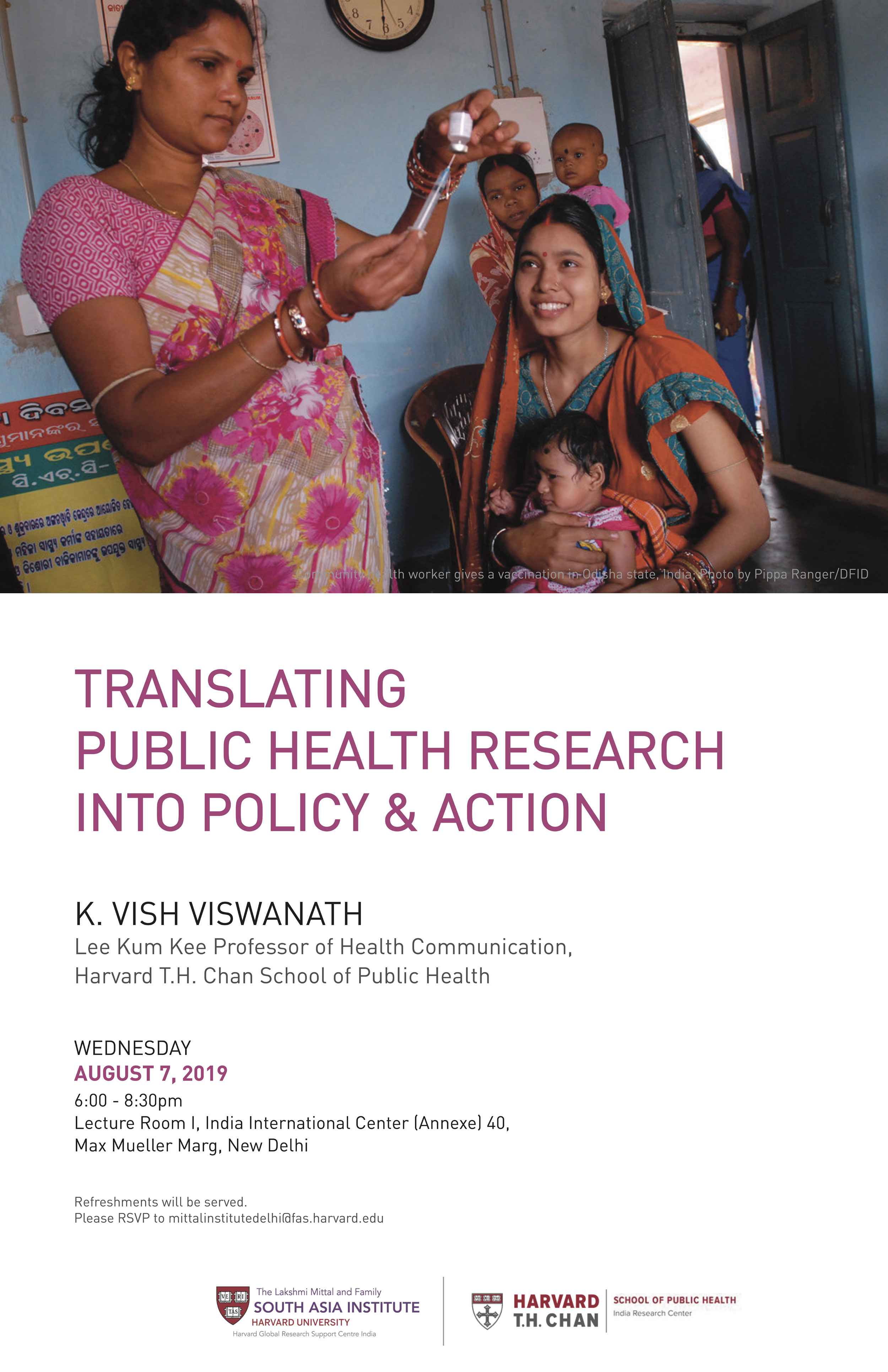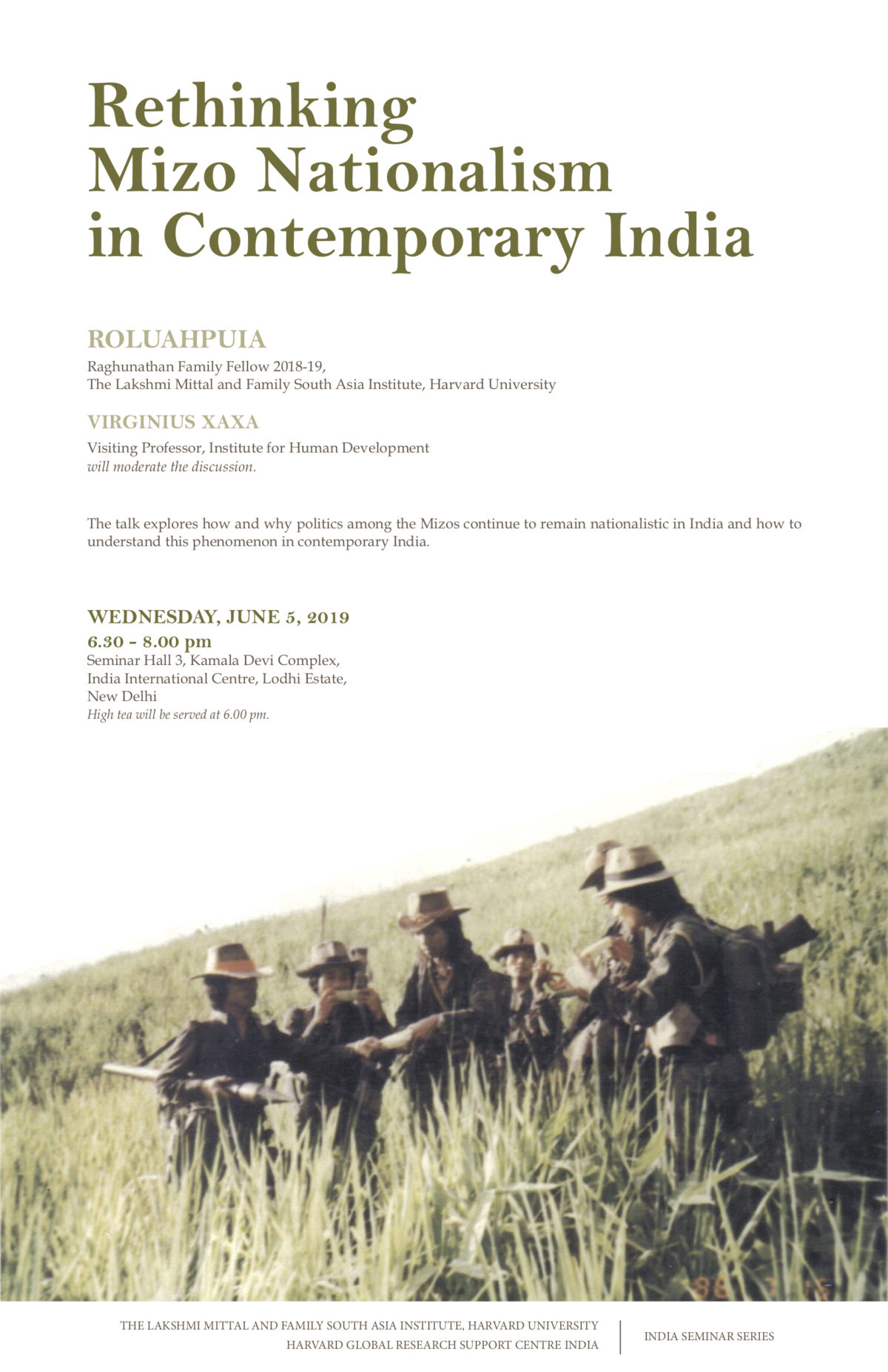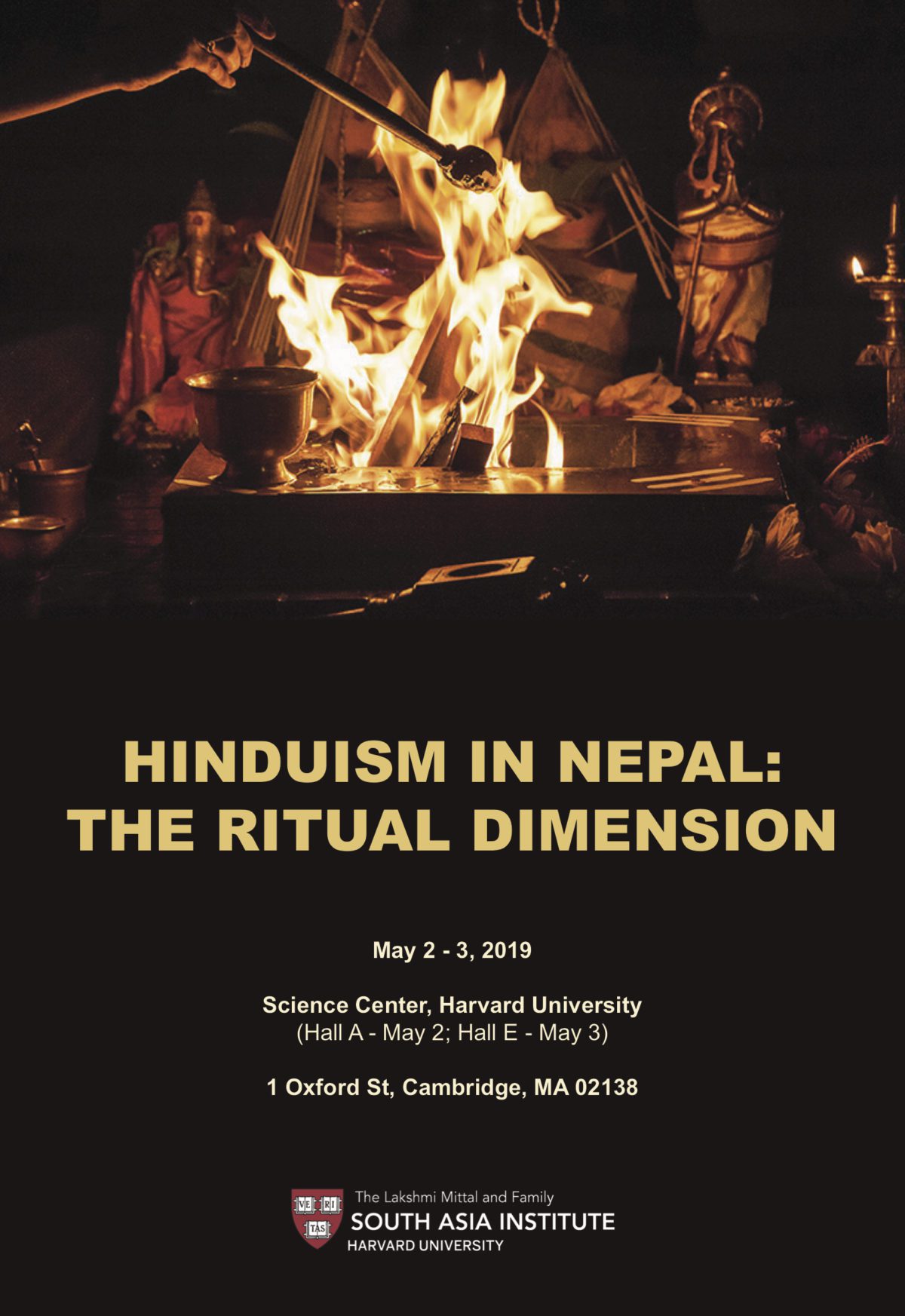WHEN
Fri, Oct 25, 2019 from 04:00pm — 05:30pm, ET
Delusional States is the first in-depth study of state-making and social change in Gilgit-Baltistan, a Shia-majority region of Sunni-dominated Pakistan and a contested border area that forms part of disputed Kashmir. Ali will discuss how Gilgit-Baltistan’s image within Pakistan as an idyllic paradise overlooks how the region is governed as a suspect security zone and dispossessed through multiple processes of state-making, including representation, militarization, and sectarianized education.
Speakers:
Nosheen Ali, Karti Dharti, Institute for Ecological Studies, Pakistan
Ali Asani, Harvard University, will moderate the discussion
More InfoWHEN
Wed, Oct 23, 2019 from 06:00pm — 07:30pm, ET

After the 1880s, Mysore was established as the home of the royal family. Despite its interrupted and uncertain status as a “capital” city, it became the site of an experiment in ornamentalism by the 20th century. It was among the first cities in India to have a City Improvement Trust in 1903, a few years after the Bombay Improvement Trust was set up in 1898. In the Trust’s negotiations with the municipality on the one hand, and the Palace establishment on the other, we see a specific form of material and temporal “ordering” that drew as much on the sovereign power of the monarch — though mediated by an increasingly powerful bureaucracy — as on a creative adaptation of the diverse forces, techniques, and devices more properly associated with “governmentality.” How does the invention of Royal Mysore challenge existing conceptions of the colonial city as a site of modernity?
Speaker:
Janaki Nair, Professor of History, Jawaharlal Nehru University
More InfoWHEN
Fri, Oct 11, 2019 from 04:30pm — 06:00pm, ET
Lashkar-e-Tayyaba is the most competent, lethal, and loyal proxy of the Pakistani state, operating in India, Afghanistan, and elsewhere in South Asia and beyond. In this presentation, C. Christine Fair will draw from a narrative analysis of a ten percent random sample of nearly 1,000 biographies of slain LeT fighters to delve into the battlefield motivation of the fighters. She will reveal the dark role that families play in a young man’s decision to fight in Pakistani terrorist organizations, deriving various forms of social capital from a male family member’s participation in so-called “jihad.”
Speaker:
C. Christine Fair, Provost’s Distinguished Associate Professor, Edmund A. Walsh School of Foreign Service at Georgetown University
Moderator:
Kristin E. Fabbe, Assistant Professor of Business Administration, Harvard Business School
More InfoWHEN
Tue, Sep 24, 2019 from 06:00pm — 07:30pm, ET
In India, subaltern groups must resort to the universalizing vocabulary of citizenship in order to stake claims for redistribution and recognition. But on what basis do they do this — especially under severe coercion? Alf Nilsen, Professor of Sociology at the University of Pretoria, will explore this question by investigating movement patterns in the Bhil heartland of western India, where Adivasi communities have organized and mobilized against the tyranny of the local state.
More InfoWHEN
Thu, Sep 12, 2019 at 09:00am, ET — Fri, Sep 13, 2019 at 04:00pm, ET
This workshop consists of pre-circulated papers. Please contact the author directly for a copy of their paper. Each hour of discussion will follow the same model: 5-7 minutes of speaking time for the author, a 30-35 minute forum in which workshop participants discuss the paper without a response from the author, a 5 minute faculty response, and 3-5 minutes of response from the author. Meals and snacks will be provided for all participants.
Location
Thursday, September 12: William James Hall 1550
Friday, September 13: Robinson Hall, Basement Seminar Room
Keynote
The Commerce (Clause) in Sex and Migration in the Life of Lucille de Saint-Andre
Grace Peña Delgado, University of California, Santa Cruz
Comments: Walter Johnson, Harvard University
More InfoWHEN
Wed, Jun 5, 2019 from 06:30pm — 08:00pm, ET
In this talk, Roluahpuia, the Mittal Institute’s 2018-19 Raghunathan Family Fellow, will explore how and why politics among the Mizos continue to remain nationalistic in India and how to understand this phenomenon in contemporary India. This discussion will be moderated by Virginius Xaxa, Visiting Professor at the Institute for Human Development.
More InfoWHEN
Thu, May 2, 2019 - Fri, May 3, 2019, ET
As part of the Nepal Studies Program, Professor Michael Witzel from Harvard University will lead a conference titled “Hinduism in Nepal: The Ritual Dimension.” Ritual has played a major role in Hindu societies, from the Vedas to modern times, and it has been particularly prominent in Nepalese society. It accompanies individuals from morning until night, from birth to death, and it shapes the customs of society throughout the year. This conference will explore some of the rituals, past and present, that are typical for Nepal. Stress is put on the extensive documentation that has been carried out over the past few decades, with a particular focus on fire rituals.
More Info